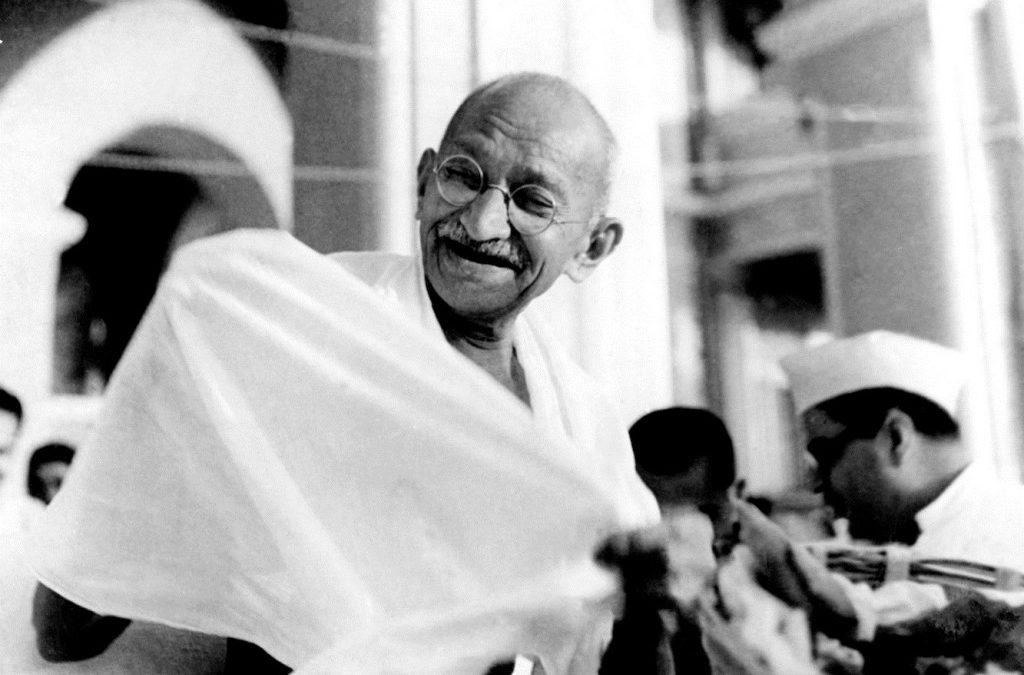“It is unwise to be too sure of one’s own wisdom.” —Mahatma Gandhi
New research in the workplace is revealing the key role humility plays in developing leaders with the skills, knowledge and grit to tackle today’s challenges with innovative solutions. As it turns out, the solution is not in having all the right answers, but in asking better questions. An attitude of humility advances this process by allowing leaders to look at the big picture instead of their own egos.
Here are 4 characteristics of humble leaders that make them better innovators.
- Admit Failure but not Defeat
Humility encourages leaders to go out into the unknown. People who treat “failures” as learning experiences instead of the end develop the grit to bounce back and continue pursuing alternate solutions despite the obstacles they face. These leaders have a larger sense of purpose and are undeterred by small setbacks with less fear of being creative. Innovation cannot happen if one holds on only to what is familiar.
- Don’t Live in a Bubble
It’s easier to look from other people’s perspectives when one is humble enough to put their own egos aside. Developing empathy as a leader is a strong quality in being able to see through to the root of a problem or challenge and therefore come up with creative solutions.
- Are Good at Not Knowing
Humble leaders are not held back by the social inhibition of wanting to be liked or look “smart” as much as they are concerned with getting better. With a “scientist mindset,” these kinds of people enjoy the process of discovery, not always being right, but genuinely curious how to improve their methods. Innovation requires failure, facing surprises and adjusting to the new circumstances presented.
- Sees the Bigger Picture
Good leaders are also good team players. Humility plays a key role in allowing leaders to respect their own position and responsibilities, and those of others, as essential pieces of a larger puzzle. With this grander vision, leaders have the capacity to dream big, understanding the power of teamwork, ownership and living for the greater good.
Humility is an attribute we commonly admire in our coworkers, peers and superiors, but how often do we take the time to cultivate this uncommon characteristic in ourselves?
Our world today needs leaders who not only think outside the box, but outside themselves. Our world needs humble leaders.

